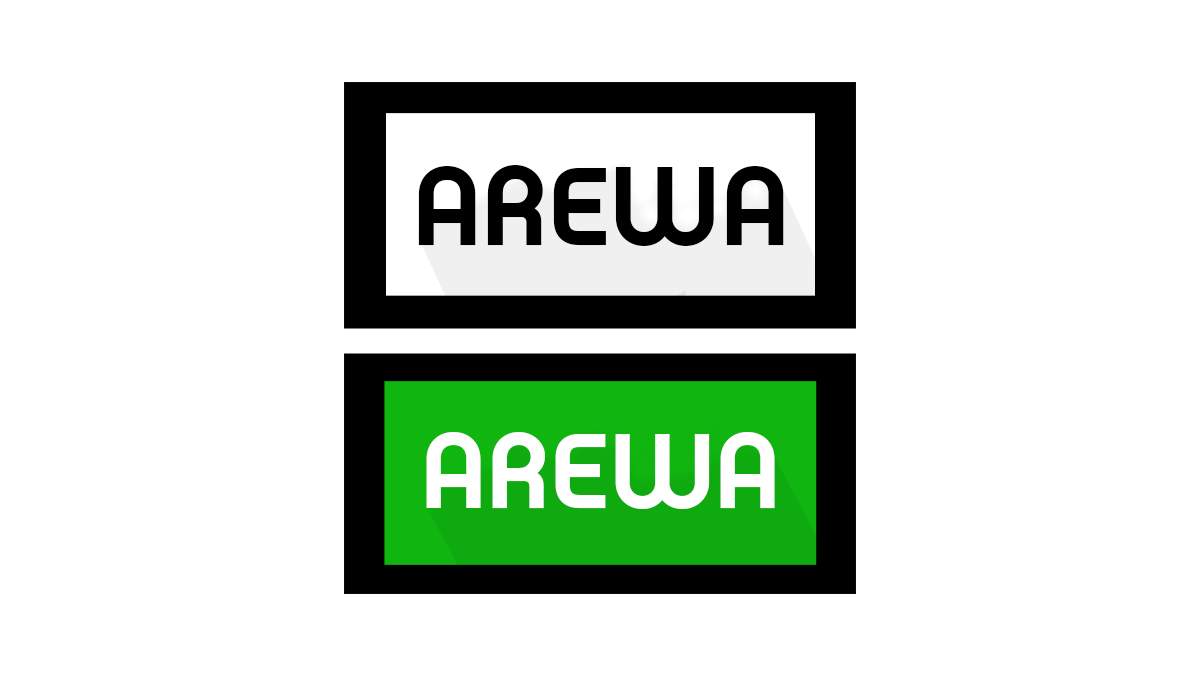
Members of the various groups staged a protest and marched to the State House of Assembly, carrying placards with different inscriptions to push home their demands.
It would be recalled that a bill to provide for a law on water sector has passed first and second reading at the State House of Assembly.
According to article three, sub-section, one (P), the bill seeks to promote the Public-Private Partnership (PPP) principles in the development and management of water resources in the state.
Speaking during the protest, National Deputy President of AUPCTRE, Abdullahi Ibrahim, described the move to privatise the sector as “anti-masses”.
Ibrahim said the proposed water sector bill was a good move, but called for the removal of the aspect that calls for its commercialisation.
According to him, if government succeeds in privatising the sector, the poorest of the poor in the society would suffer gravely.
“The importance of water to human existence cannot be over-flogged, but water is important not only to man, but plants and animals as well.
“We drink water, use it for cooking, washing, growing our crops and industrial uses, and so we cannot afford to allow government use this critical sector for selfish gains.
“If this sector is left in the hands of private individuals, I tell you, the poor masses will be badly affected,” he said.
Comrade Steve Aluko, who spoke on behalf of CSOs, said privatising a critical sector like the water sector would further throw the poor masses in the state into deep hardships.
According to him, the PPP model has over time proven to be a false solution as evident in some sectors of the economy that have been privatised in the past.
“The bill is a right step in the right direction, but why we are kicking against the aspect of it that promsote profit-driven system, is because if allowed, poor people will someday die of thirst.
“When you take a good look at the history of privatisation in Nigeria, you don’t need anyone to tell you that this move is a wrong step.
“The Federal Road Safety Corps (FRSC) for instance, was doing well, until it became a profit-driven organisation, and it started derailing.
“So, we are saying no anytime to the plans by Plateau government to privatise the water sector in the state, ” Aluko said.


